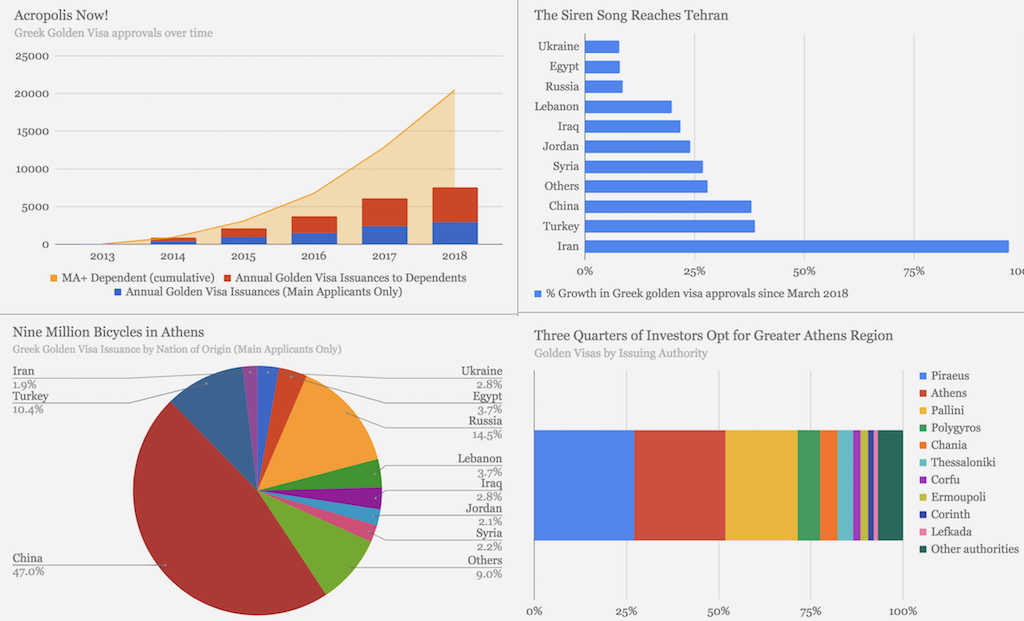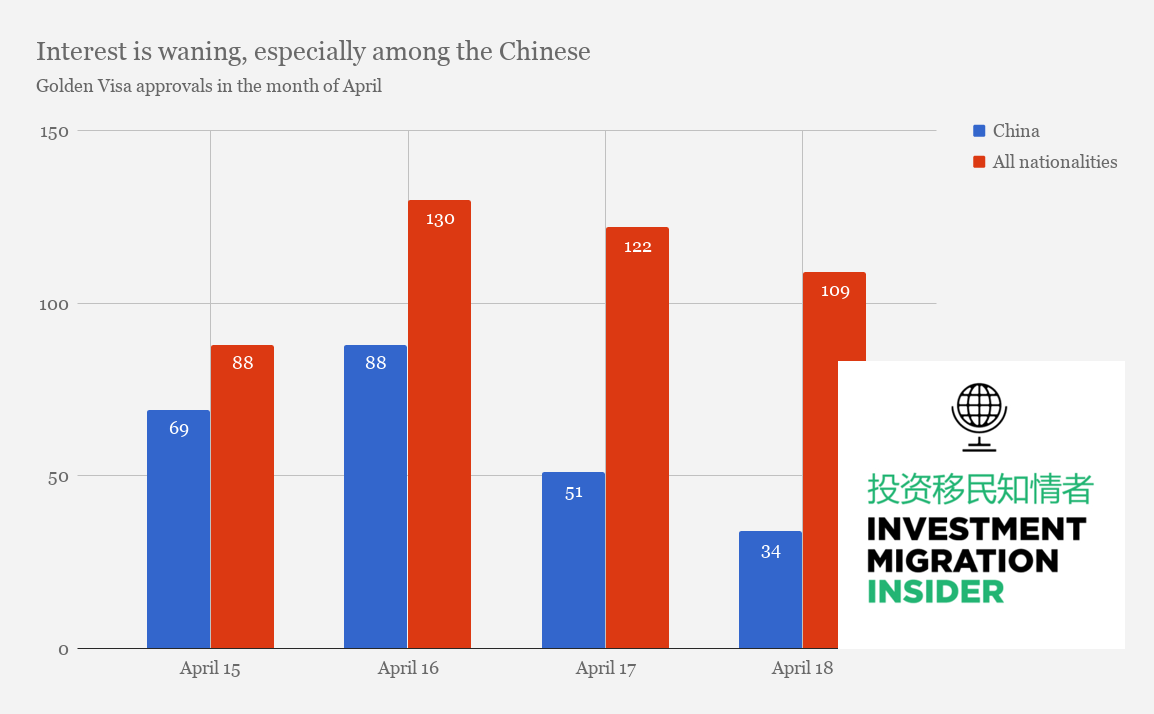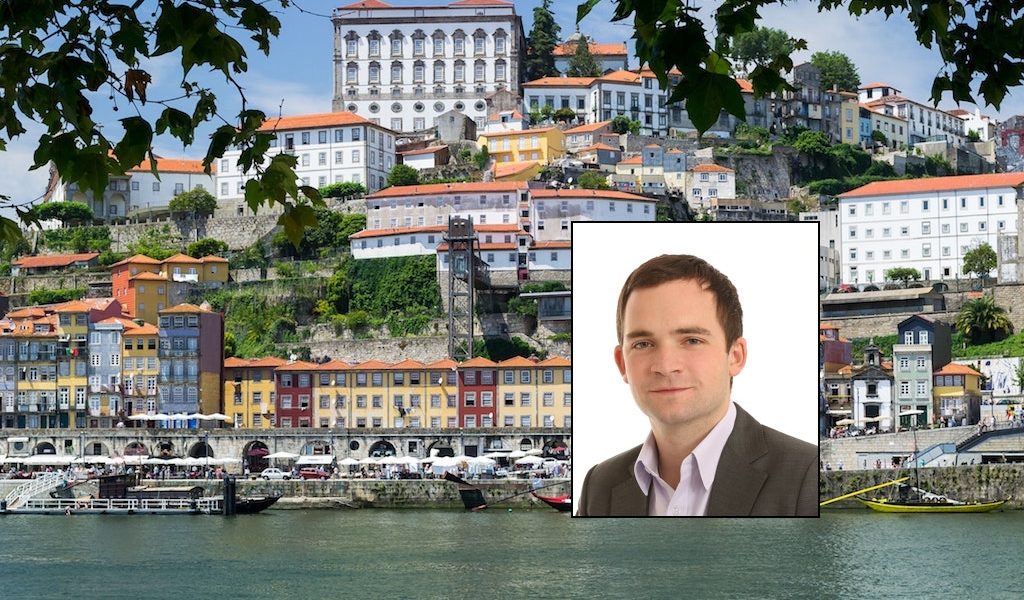What Happens in Year 5? Chinese Applicants to Portugal’s Golden Visa Are Watching and Waiting
This article was contributed by Daniel Twomey, Head of Business Development at La Vida Europe Ltd.
Since its inception in 2012, the largest proportion of applicants for the Portuguese Golden Visa (GV) programme have, without doubt,
Related: Portugal Golden Visa Approvals Slow Sharply as Greece and Ireland Absorb Chinese Applicants

A number of reasons may have caused the drop in demand. An article recently published in Investment Migration Insider attributed the slowdown partly to the Portuguese Immigration and Borders Service (SEF) backlog that famously devastated the reputation of the GV programme in 2015, and again in 2017. This backlog, it appears, has now been completely cleared and GV processing times currently sit at around three to four months.
Related: Portugal Virtually Wipes Out Golden Visa Application Backlog in Just Six Months
Another suggestion is that fears of an inflated property market are deterring potential buyers from proceeding with the programme. But with just 6,000 GV holders in a country with a population of 10.3 million, the effect of the GV programme on the Portuguese real estate market is minimal and any such fears are likely to be completely unfounded.
So, why has Chinese demand for the Portuguese GV continued to fall?
The fall in applications from China is less likely caused by rising property prices and added competition from GV programmes in Greece and Malta, and more probably related to the characteristically Chinese ‘watch-and-wait’ mentality.

Watching and waiting for what?
In short, the Portuguese GV allows applicants to apply for permanent residency after five years and for citizenship (until recently) after six. The GV was introduced in 2012 and the first applicants – five hundred or so investors – received their initial residence permits in 2013. Five years later, we’re now at the point where the first applicants can start receiving their permanent residence cards.
Even more heavily anticipated are the citizenship applications that will follow shortly thereafter; with the promise of potential citizenship a motivating factor for many investors, this is, without doubt, a very definitive time in the history of the programme, and the months ahead will answer decisive questions such as:
- Can one successfully apply for permanent residency or citizenship after physically residing for just seven days per year?
- What are the other requirements that must be met?
- How good must one’s Portuguese be?
- Is the process as easy as expected?
- What are the real costs, both government and legal?
Over the next few months, it’s likely that all of these questions will be answered and a clear-cut application process for both PR and citizenship will be defined. In the meantime, it’s fair to say that a lot hangs in the balance and one could be forgiven for being cautious and first assessing the lay of the land before committing to the programme.
The Chinese seem to be doing just that; “jìng guān qí biàn” (静观其变) – watching and waiting – as those who have gone before feel their way along the dark and narrow tunnel that is Portuguese immigration legislation. What lies at the end of the tunnel? A shining light in the form of hassle-free and straightforward permanent residency and citizenship applications? We’ll find out soon enough, but whatever the outcome, it will have a major impact on the programme’s popularity, in one direction or another.
Promising indications

The signs so far seem positive; several leading law firms are already reporting successful permanent residency applications, and the general consensus across the immigration community suggests that the process is straightforward enough.
In a move which came as a surprise to many, the beginning of July saw an amendment in the Portuguese Nationality Law. Articles 167 and 169 (Acquisition of nationality by
Is it a coincidence that the legislation has been changed in such a way almost exactly five years after the first applicants received their Golden Visas? Or perhaps a sign from the government – a nudge of encouragement – to reassure those fearful about their chances of citizenship?
Will a series of successful permanent residency and citizenship applications bring a new spike in applications as the Chinese market and others respond? Coupled with the recent change in the nationality law and a steady acceptance of the €350,000 rehabilitation route, the next few months will be extremely interesting for the programme as the time to watch and wait finally comes to an end.
Daniel is a Mandarin speaking RCbI expert specialising in real estate, government bond and national development fund investments. Head of Business Development at La Vida, responsible for spearheading the involvement with the Caribbean CBI programmes and with additional specialism in the Portuguese Category 65A-d programme and Cyprus investment programme.



